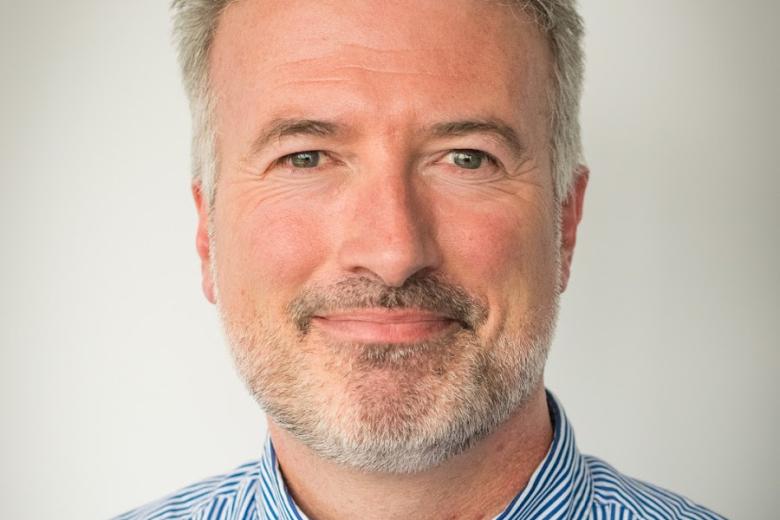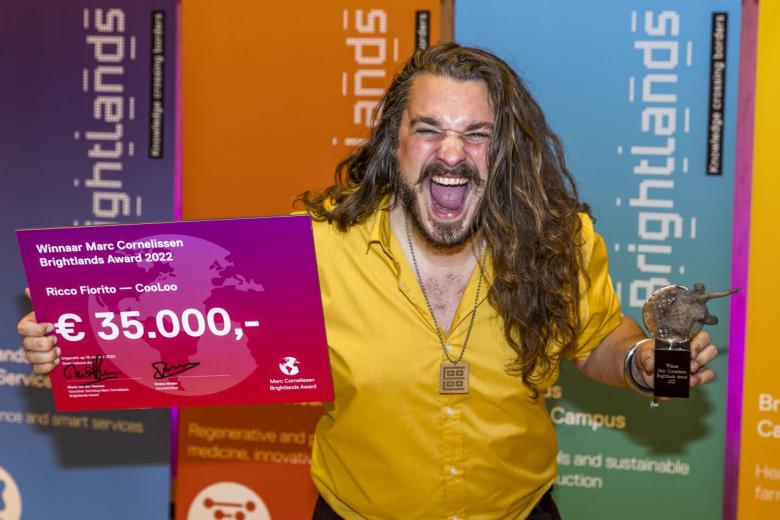UM 6th place in worldwide rankings of young universities
Maastricht University (UM) may once again call itself the sixth best young university in the world this year. UM is proud that its efforts, including those in education and research, have been rewarded in this Times Higher Education Young Universities ranking. The ranking for institutions aged 50 years or under, shows which universities are expected to be among the world's best in the future.
UM’s President Prof. dr. Martin Paul: “We are proud to be consistently placed in the top 10 of the Times Higher Education Young University Rankings, while maintaining excellent positions in several subject rankings. Over the years, we have successfully built a world-class Europe-centred education and research offer taking a proactive role in fostering cooperation between European higher education institutions. This is why we define ourselves as the European University of the Netherlands.”
The results reveal that South Korea is home to the highest number of leading young universities, and for the first time in the top 10 institutions in Asia outnumber those in the rest of the world.
A comparison of the performance of young and established institutions in the World University Rankings between 2018 and 2021 also shows that newer universities have generally been improving at a faster rate than their older counterparts.
The full rankings can be viewed on the THE-website
Read Martin Paul's contribution on the success of the 45-year-old UM here.
Also read
-
Empowering Smallholder Farmers in the Data Economy: Unlocking Opportunities and Overcoming Obstacles
Frederik Claasen, the head of policy at our partner organisation Solidaridad Network on the opportunities and obstacles facing smallholder farmers in their data ecosystems.

-
Wanted: 'pioneers of circular transition' for Marc Cornelissen Brightlands Award (€35,000)
On October 25 2023, the Marc Cornelissen Brightlands Award will be presented for the fifth time. Candidates can apply for it until 15 June. The award is aimed at anyone in the Netherlands-Germany-Belgium border region who is working on a dream to accelerate the circular transition. A prize of €35...

-
Machines that can improvise
Computers are already capable of making independent decisions in familiar situations. But can they also apply knowledge to new facts? Mark Winands, the new professor of Machine Reasoning at the Department of Advanced Computing Sciences, develops computer programs that behave as rational agents.
